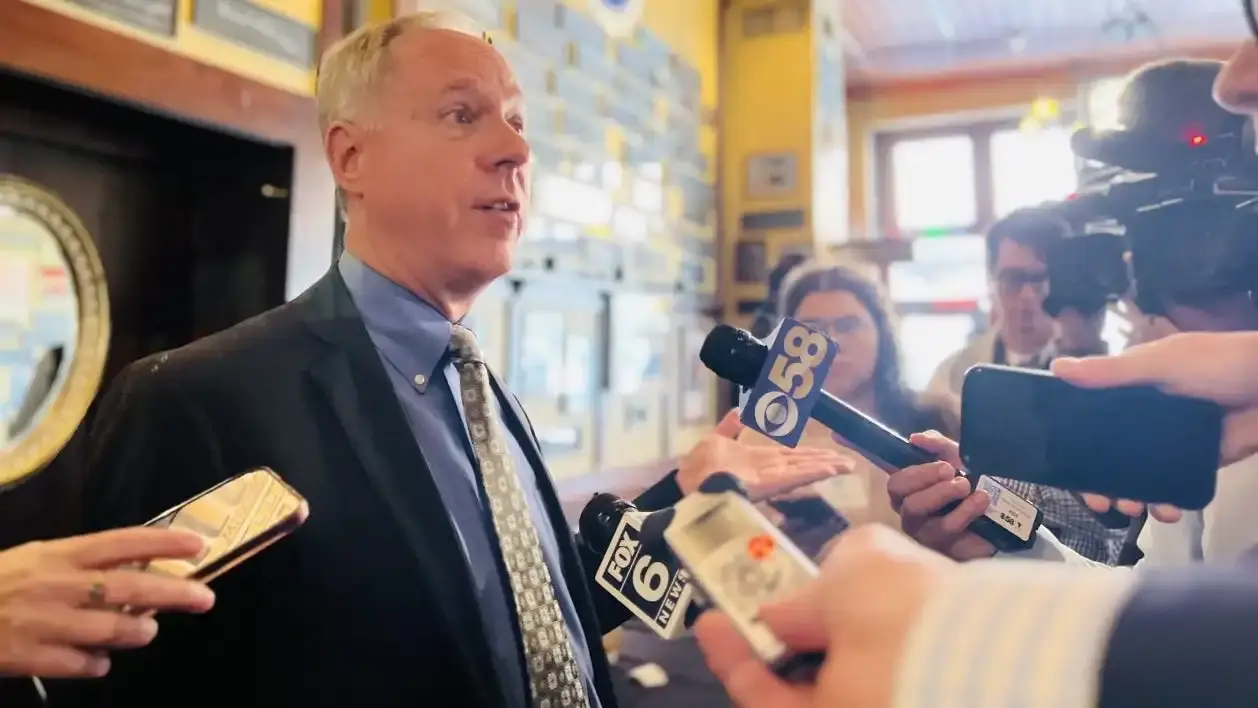

I would probably use cultural activist. You could probably also use advocate or preservationist.
Activist has a little bit more active connotation, like your out in the streets or organizing in some way to maintain the culture. Advocate is good, but a little vague. Preservationist would be more like documenting or conserving existing examples of the minority culture, and is maybe a little dry or academic of a term.
So for your example Cantonese cultural/language activist would probably fit best.








That headline was a wild ride.